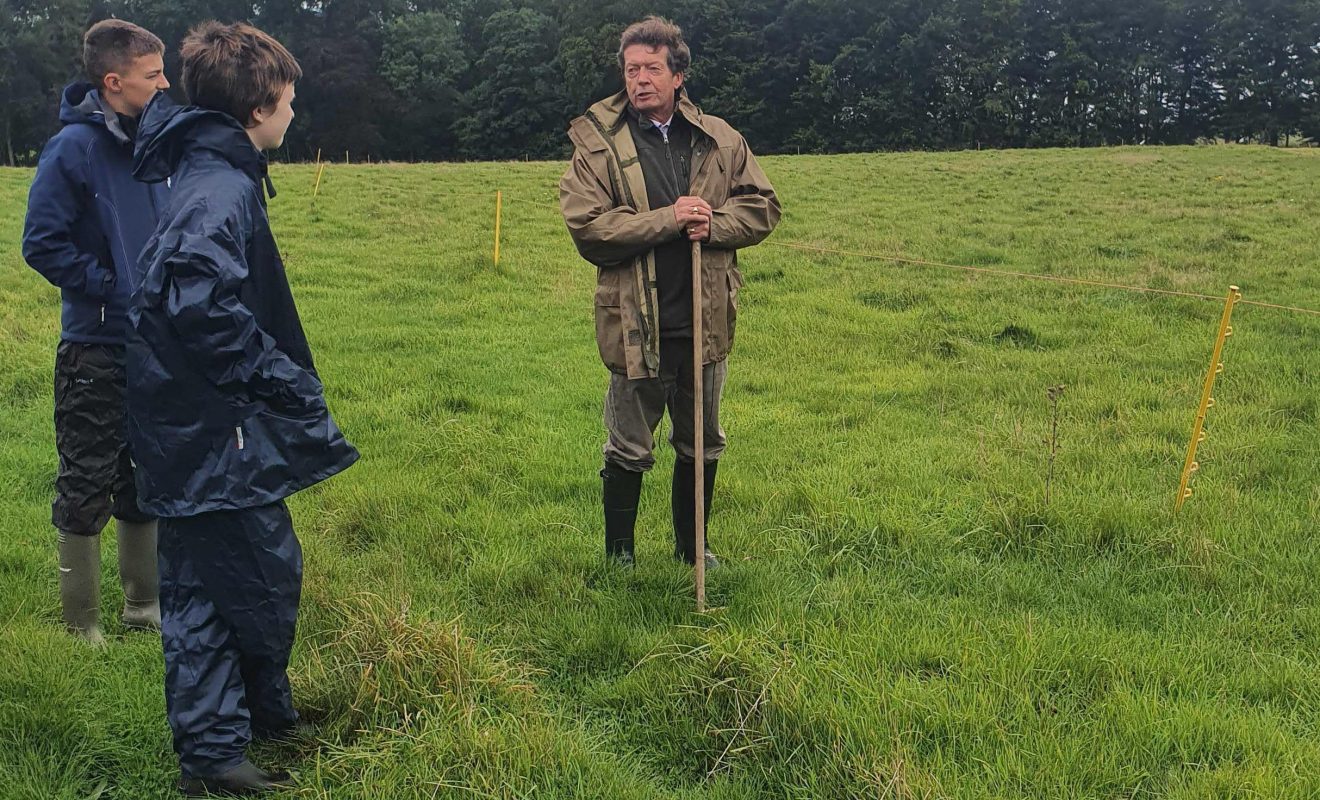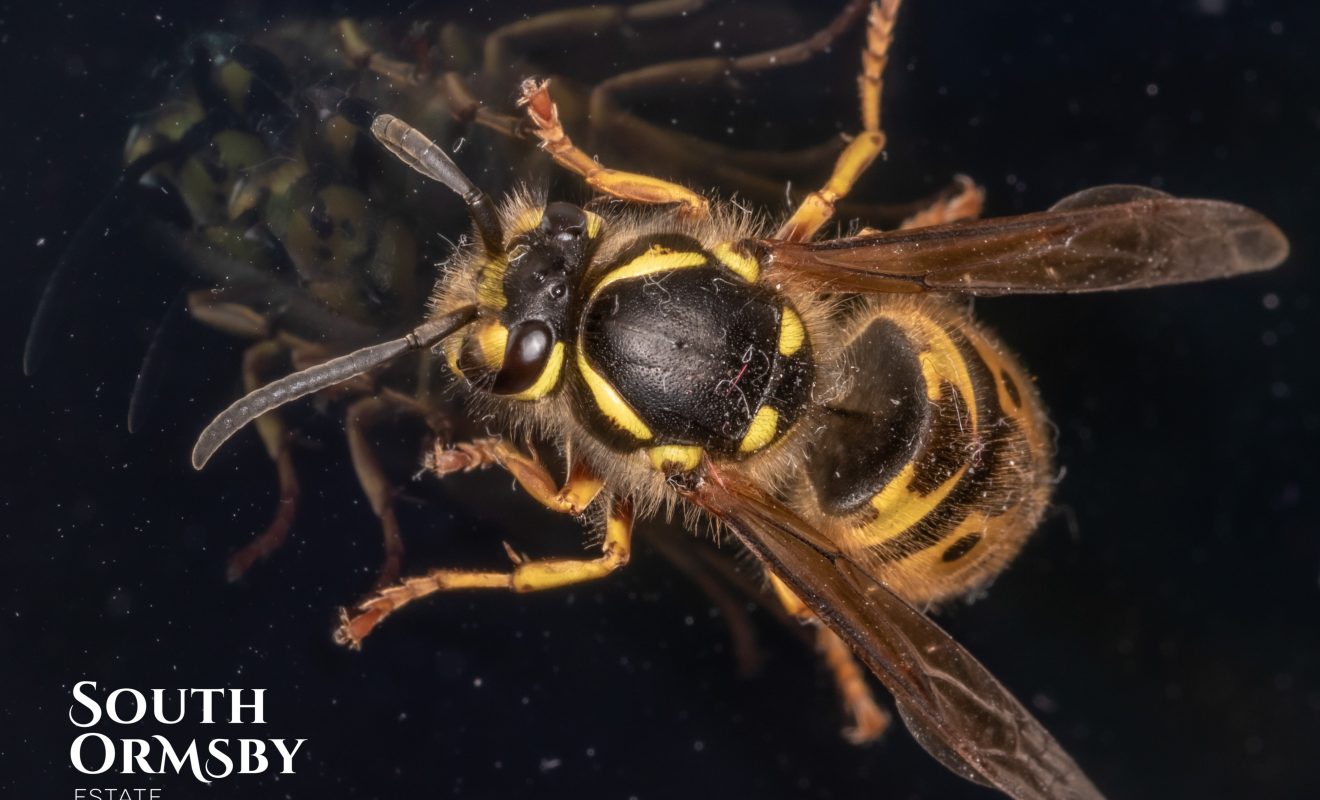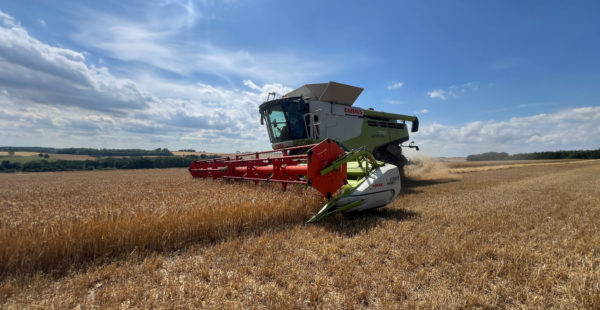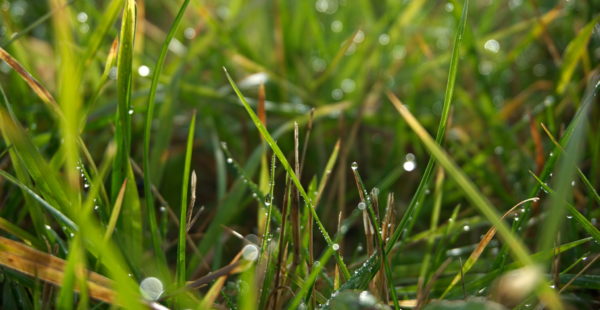A Week on the Estate: Wold Walking, Developing Jerky & Civil War Memories
This week, we’ve seen both fascinating insights into our heritage and exciting progress towards a sustainable and enterprising future. The choppy autumnal weather has taken its toll on some mature trees in full leaf, but both workers and walkers have enjoyed some beautiful blue skies.
The estate’s ‘Walk the Wolds’ initiative has proved a boon to walkers. Damian and Leah Furlong were pictured testing the ‘Walk the Wolds’ selfie-board at the new Sheep Dip Paddock information station. They met Tetford wild campers Jamie, Clare, Tristan and Ethan, who’d cycled down to Sheep Dip Paddock to pick a trail, park their bikes and explore our lovely countryside on foot.
It was a tad wet for the Saturday Club last weekend but our young workers were ready for whatever the weather threw at them. They weeded the courtyard, picked apples and foraged logs for the biomass boiler. They also learned a lot during Herd Manager John Crutchley’s enrichment talk. In particular, they learned that no audience is more attentive than a paddock-full of curious Lincoln Reds.








